Avoid these common slip-ups in visa application
Habib-ul Bashar was excited as his visa for visiting India was successfully granted. After all, he diligently completed the paperwork and provided all the supporting documents to the visa officer. He felt happy that he could now proceed for seeking treatment for persistent pain in his lower back. Alas! The immigration officer at the airport disallowed embarkation as Habib’s passport had less than six months of validity. Likewise, Nikhat Parveen had underestimated the time by which she thought she would get her visas. Her visas came exactly two days after the date of her flight booking. Not only she missed going on her chosen date but also lost a lot of money in ticket forfeiture/cancellation. Besides, she had to spend extra in purchasing eleventh-hour flight fares because the journey was important for her.
There are many people like Habib-ul Bashar and Nikhat Parveen whose visa applications are either outright rejected or they are disallowed to board their flights at the last-minute or they are unaware of the visa process, as a result of which their visa application is not considered. Indeed, a large number of Bangladeshis have to suffer because of some common and entirely avoidable mistakes in their visa applications. Though such submissions can be a daunting and overwhelming task for many applicants, we present below some common mistakes that many people make in their visa applications and the accompanying remedy.
- Not checking passport validity
A valid passport and visa are prerequisites for travelling abroad, including to India. The passport must be valid for 6 months beyond stay in India and have at least two-three blank pages available for visa stamps. Besides, there are many types of visas and each visa type has its own eligibility criteria. Many applicants fail to check and confirm their eligibility for the specific visa they are applying for. As such, the processing of their application is delayed or their application is rejected. Specifically, for a medical visit, a medical visa is given to those seeking medical treatment in reputed/recognised specialised hospitals/treatment centres in the country of their choice.
Thus, check your passport thoroughly before applying for visa. If your passport is due to expire soon, please apply for a new one. The important thing to remember here is to plan in advance and work accordingly.
- Not sending the required supporting documents
Many applicants think submission of visa application form alone is enough to get the visa. The fact is that this is just a single part of the full visa application process. You must submit all the required supporting documents asked for. For instance, it is a common mistake that applicants make when they forget that their bank statements require bank seals for authentication. Hence, not doing so can delay your visa or lead to rejection of your application.
So, read the visa application procedure carefully and make a list of all the supporting documents that are asked for. Moreover, it is always a good idea to carry an extra photocopy of important supporting documents to avoid any last-minute hassles.
- Not being truthful or not providing complete application information
Many applicants are not fully truthful or provide incomplete information in their visa petitions. This often leads to denial of visa or delay in processing the application. Being untruthful may also lead to legal action.
Hence, you must be sure to provide true, factually correct and complete information in your visa entreaty. It is also best to be fully transparent with adequate disclosures, if any, and not withhold any information.
- Not starting the application process early
This is a common pitfall and is characterised by many applicants who submit their visa petitions at the last moment. In the hurry to submit their applications quickly, many end up making mistakes in their paperwork and also forget to send the supporting documents, which lead to rejection.
Therefore, it is essential that you be proactive and start the process as early as possible. As a thumb rule, you should commence your visa application process anywhere between 4-6 months ahead of your planned dates.
- Not checking your photographs
Photographs for visa applications need to adhere to the defined specifications. If you do not check the photo specifications closely, the officer may find that as a relevant ground to reject your visa application. Today, many consulates require that one uses photographs that have been taken in the past 3 months and have never been used for a visa application before.
Consequently, check the photo specifications and communicate the same to the studio where you’re getting your shots done. In a number of cases, the studio is also aware of the specific photo requirements for visa applications. Do remember the exact photo frame size asked for, the background specifications (ideally a plain white or light-coloured background), the full front view of the head, face directly facing the camera with a neutral expression, etc.
- Not carrying the appropriate fee
Consulates for different countries have their own methods of payments. Hence, it is essential to ensure that one knows the method and the exact amount of the applicable fee. One does not want to run short on the applicable fee and create an awkward situation where the visa is not granted.
Accordingly, you must refer to an appropriate source for detailed information on the exact visa issuance fee and the accepted method of payment.
Besides the above, some countries might also require applications to appear for their visa interview. It is important to note that a successful interview can have a greater positive impact in the visa-granting decision. So, one must be prepared well for such interviews through doing prior research and also preparing for commonly asked questions and their appropriate answers.
Also, here are some more tips on ensuring a smooth and conflict-free interaction with the immigration officer at the airport.
- Firstly, never make any arguments with the officer. Always be polite and courteous.
- Secondly, be ready with the information asked for and be truthful. Some of the common questions include, “What is the purpose of your visit?” or “What is your profession?” or “For how many days will you be staying in the country?” Always be prepared with the answers.
- Thirdly, don’t talk too much. Only speak/respond when asked for an answer.
- Fourthly, always be confident with positive body language. Do not be nervous.
- Fifthly, a number of countries require immigration forms to be filled at the destination country’s airport and submitted to the immigration officer. Always write clearly and truthfully. As an essential tip, do keep in handy your destination address and local phone number/local contact’s phone number that is required to be filled in the immigration form.
It is always important to trust an expert for your visa requirements. They are often the ones who are the bridge that help you in your application process, which could make a difference in being granted the visa smoothly and seamlessly. With years of rich experience in the travel and tourism industry, GD Assist’s dedicated travel desk can be your friend and guide in helping you with your visa and ticketing solutions.
So, call GD Assist today.
Hotline: 16457; +8801617666888. Email: gdal@green-delta.com
Website: gdassist.com
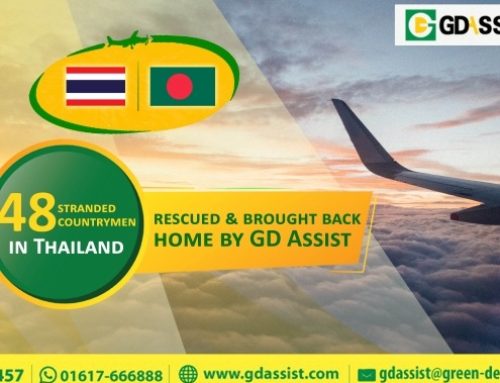
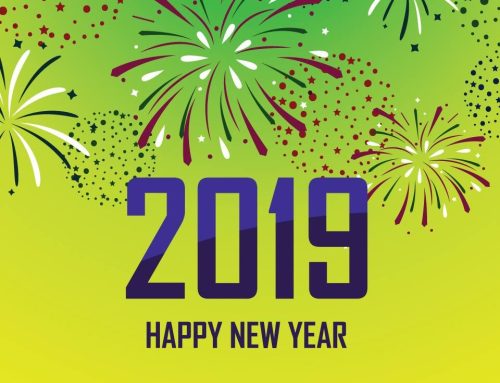


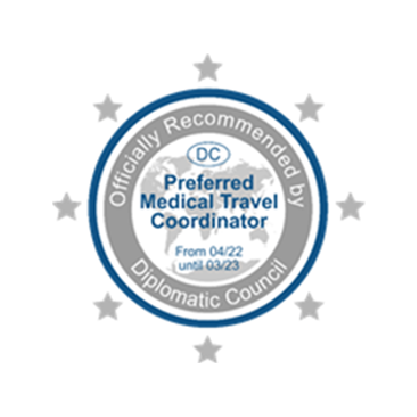
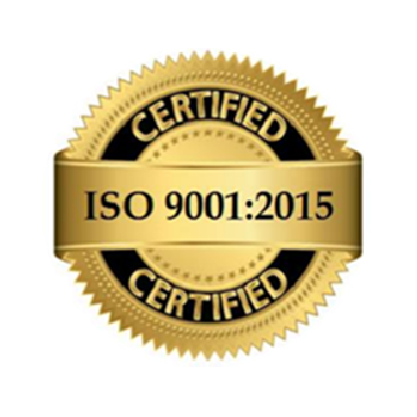

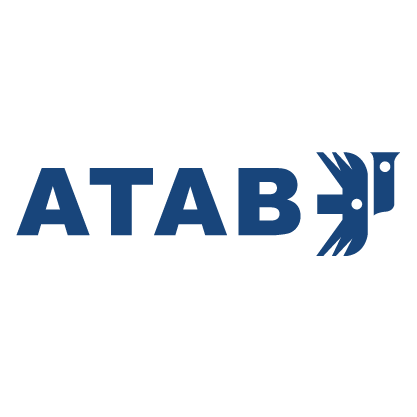
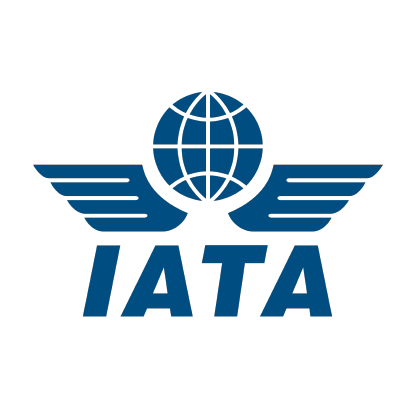
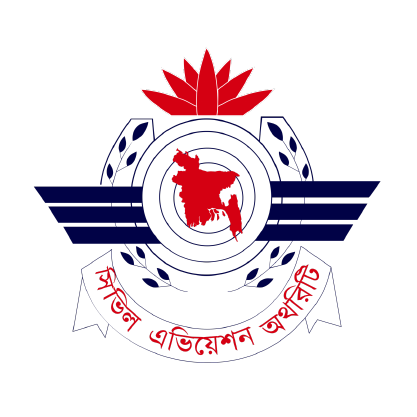
this is very informative post. i myself have faced issues and can relate with what you have mentioned here. good writing and easy to read article.
Wassalaam